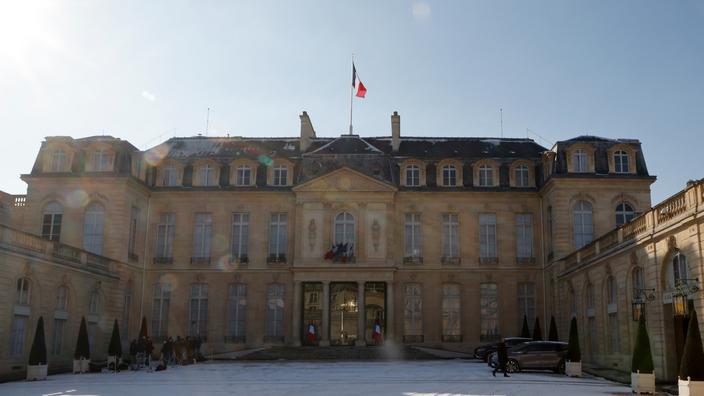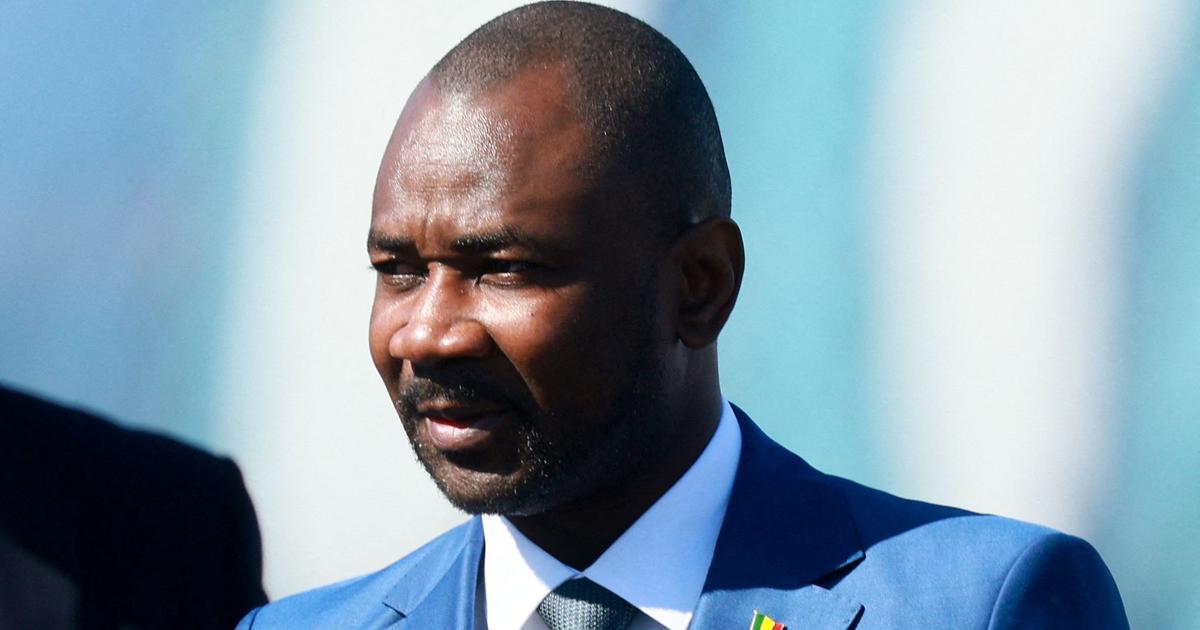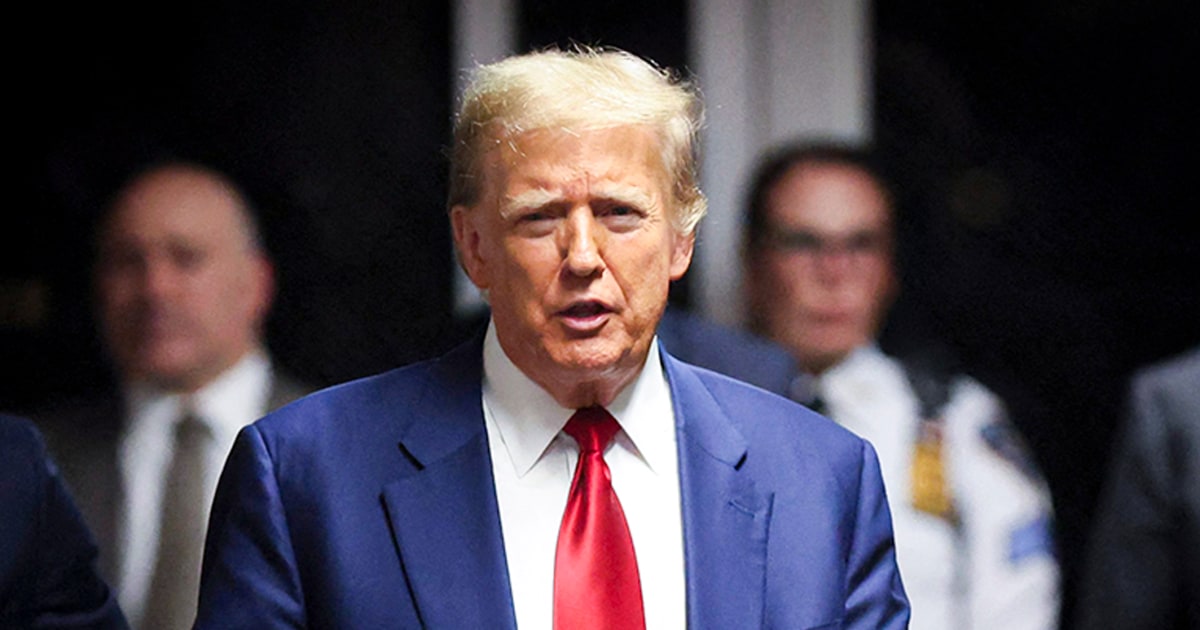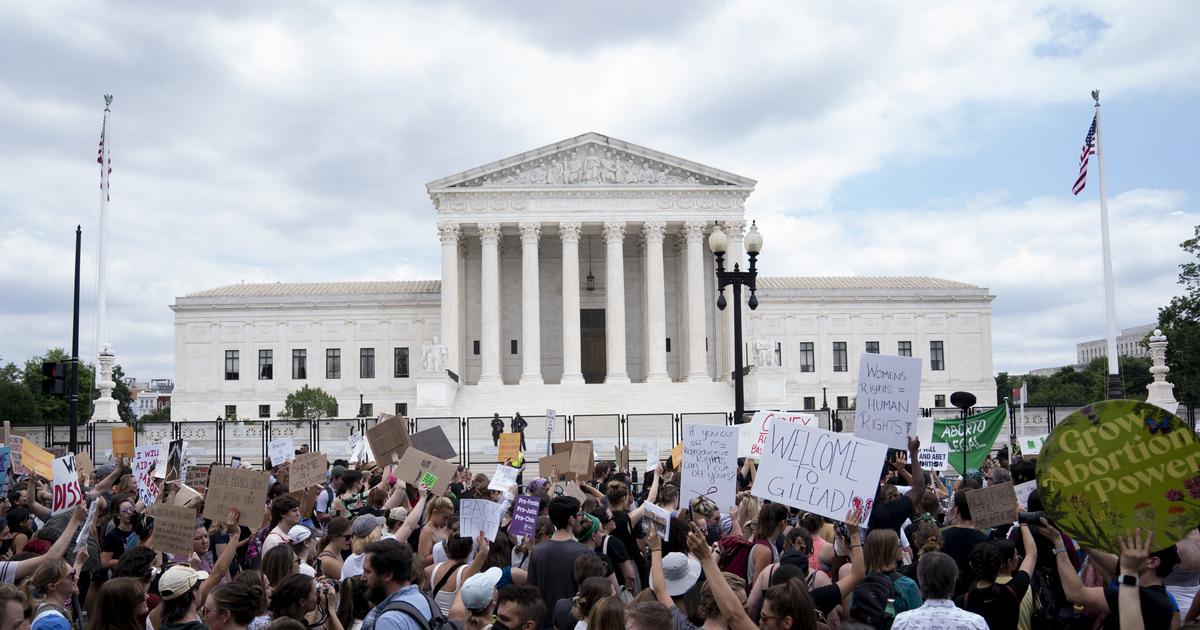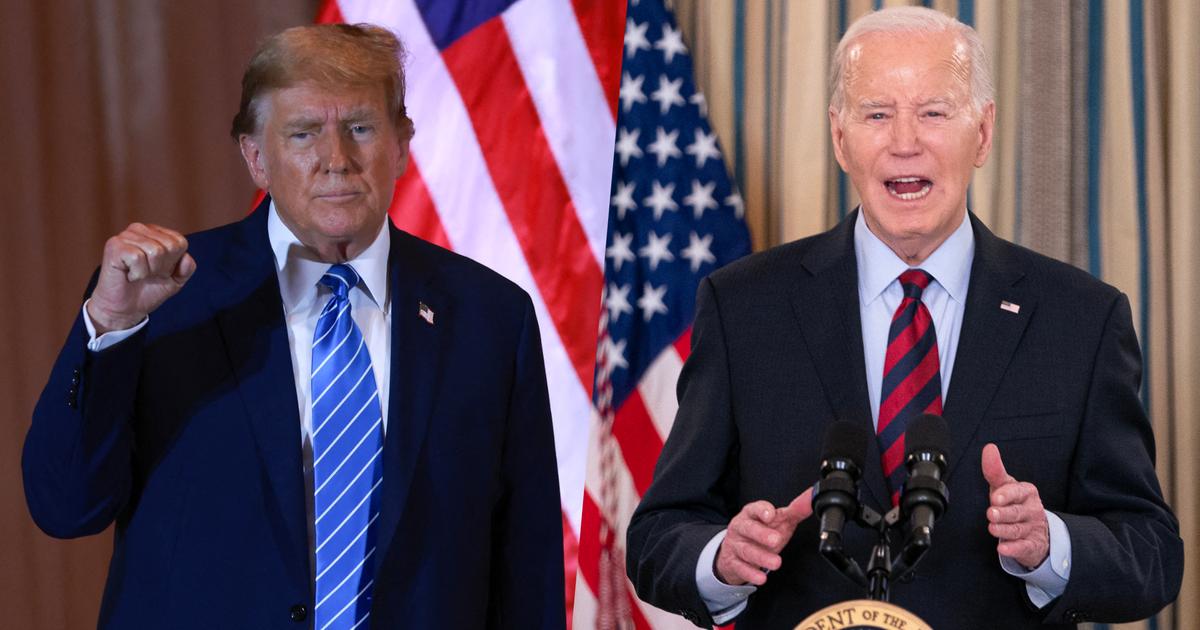The election of the President of the Republic takes place every five years in France.
After the arrival of Emmanuel Macron at the Elysee Palace on May 14, 2017, the French will have to speak again next April.
This will be the twelfth presidential election under the Fifth Republic.
Le Figaro provides
an overview of everything you need to know for this deadline.
To discover
Presidential 2022: where are the candidates in the polls?
• Who can vote in the presidential election?
All French citizens over 18 at the time of the first round can vote in the final ballot.
Anyone born before April 10, 2004 can therefore take part in the vote.
• How many voters are there in France?
In May 2021, some 47.9 million French people were registered on the French electoral lists, according to INSEE.
This represents 94% of citizens of voting age.
• When will the next presidential election take place?
The two rounds of the ballot are scheduled for Sunday April 10 and 24, 2022. It will then be necessary to wait 50 days after the election of the President of the Republic for the French to be called to the polls again, on June 12 and 19, to elect the 577 deputies of the National Assembly during the legislative elections.
Read also Presidential 2022: Jean-Frédéric Poisson says he is "ready to erase" his candidacy behind that of Eric Zemmour
• What is the voting method?
The presidential election is a two-round first past the post.
Each citizen therefore votes for a single candidate.
If this does not reach an absolute majority at the end of the first round (more than 50% of the votes cast and a quarter of the number of registered voters), a second round takes place between the two contenders who came out on top.
• What are the conditions required to be a candidate?
To run for the Élysée, it is mandatory to bring together 500 sponsorships of elected officials, whether national (parliamentarians) or local (mayors, and departmental or regional advisers). These signatures must come from at least 30 departments, to prevent a candidate anchored in a single region from being able to bring together these sponsorships, without benefiting from sufficient national influence. Each elected representative can only sponsor one suitor.
The candidate must also be at least 18 years old, be of French nationality and registered on the electoral roll, not be deprived of his eligibility rights and demonstrate “moral dignity”, although this concept is not precisely defined by the Election code.
On the other hand, there is no age limit to claim the supreme office.
Emmanuel Macron was thus elected at 39, François Hollande at 57 and Nicolas Sarkozy at 52, against 62 for Jacques Chirac, 57 for Georges Pompidou, 48 for Valéry Giscard d'Estaing, 64 for François Mitterrand, and 68 years for Charles de Gaulle.
• What level of studies is required to be a candidate?
No particular diploma is required to become President of the Republic.
In fact, the candidates elected so far have most often been from grandes écoles.
Emmanuel Macron, François Hollande and Jacques Chirac are all three graduates of the National School of Administration (ENA), replaced by the National Institute of Public Service from 2022. Although he left it without obtaining his diploma, Nicolas Sarkozy studied at Sciences Po Paris.
• What is the salary of the President of the Republic?
The tenant of the Élysée earns around 15,200 euros gross per month, or 182,000 euros per year (162,000 euros net).
In 2012, the salary of the Head of State fell by about 30%, in application of a campaign promise from François Hollande.
• Who are the candidates for the 2022 election?
In 2017, eleven candidates gathered the 500 mandatory sponsorships to stand for the presidential election.
For now, around thirty political figures have declared themselves candidates for the 2022 presidential election.
On the left, Anne Hidalgo should receive the nomination of the PS on October 14, and environmentalists will vote next week to decide between the two candidates who came first in their primary, Yannick Jadot and Sandrine Rousseau.
They will thus join Jean-Luc Mélenchon (LFI), Fabien Roussel (PCF) and Philippe Poutou (NPA).
On the far right of the political spectrum, Marine Le Pen is a candidate for the third time, and polemicist Éric Zemmour maintains doubts about his possible candidacy.
As for the Republicans, they have yet to agree on a single suitor and a tie-breaker.
Xavier Bertrand (ex-LR), Valérie Pécresse (ex-LR), Michel Barnier (LR), Éric Ciotti (LR) and Philippe Juvin (LR) are thus on the starting line.
• How many times can the President of the Republic be elected?
Since a constitutional reform of 2008, the President of the Republic cannot serve more than two consecutive terms.
For the moment, only François Mitterrand and Jacques Chirac have been re-elected as President of the Republic.
However, nothing prevents a former head of state, who would have served two consecutive five-year terms, from being elected a third time after at least one alternating term.
• How many Presidents of the Republic have there been?
The Constitution of the Fifth Republic has been in force since 1958. Charles de Gaulle, in office since that date, is the first president elected by direct universal suffrage in 1965. In all, eight men were elected to the supreme office:
Charles de Gaulle (1962-1969)
Georges Pompidou (1969-1974)
Valéry Giscard d'Estaing (1974-1981)
François Mitterrand (1981-1988; 1988-1995)
Jacques Chirac (1995-2002; 2002-2007)
Nicolas Sarkozy (2007-2012)
François Hollande (2012-2017)
Emmanuel Macron (2017-2022)

